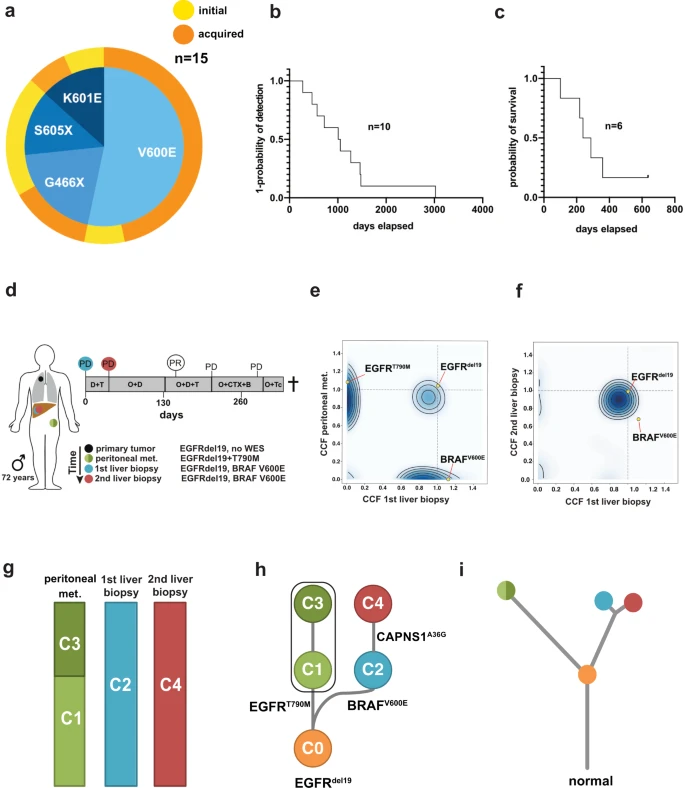Publication in NPJ Precision Oncology

Targeted therapy is first-line therapy for lung tumors with EGFR mutations. The success of the therapy is limited, however. This is due to further mutations, or the activation of other signaling pathways in the cancer cells. Through the collaboration of the Dept. I of Internal Medicine (CIO) and the Molecular Pathology (Institute of Pathology, Dept. of Translational Genomics and Center for Molecular Medicine Cologne) we were able to investigate the influence of mutations in the BRAF gene during therapy in patients, mouse and cellular models. Our data show that BRAF mutant cells respond to combination therapy with an EGFR inhibitor, a RAF inhibitor and a MEK inhibitor. These data could make a direct contribution to the effective treatment of EGFR-mutated lung tumors that no longer respond to standard therapy. The work was funded by the Federal Ministry of Education and Research (BMBF; e:Med) and the Mildred Scheel School of Oncology, among others.
Reference: Clonal dynamics of BRAF-driven drug resistance in EGFR-mutant lung cancer. Schaufler D*, Ast DF*, Tumbrink HL, Abedpour N, Maas L, Schwäbe AE, Spille I, Lennartz S, Fassunke J, Aldea M, Besse B, Planchard D, Nogova L, Michels S, Kobe C, Persigehl T, Westphal T, Koleczko S, Fischer R, Weber JP, Altmüller J, Thomas RK, Merkelbach-Bruse S, Gautschi O, Mezquita L, Büttner R, Wolf J, Peifer M, Brägelmann J§, Scheffler M§, Sos ML§. NPJ Precis Oncol 2021 Dec 17;5(1):102. doi: 10.1038/s41698-021-00241-9. (*=authors contributed equally; §=shared correspondence)